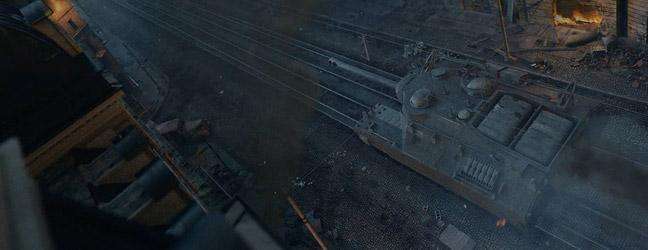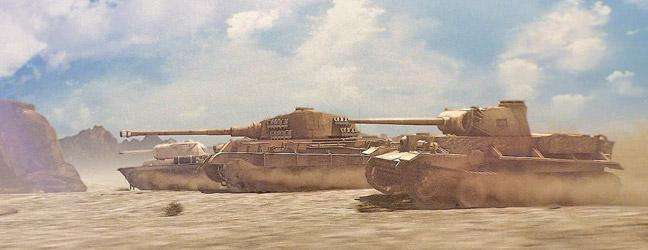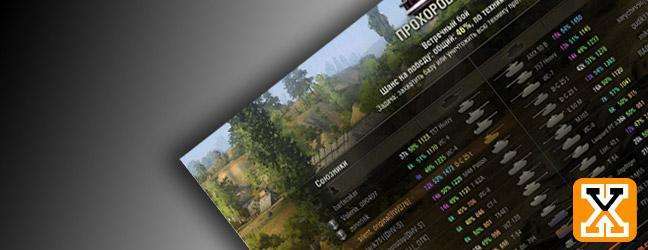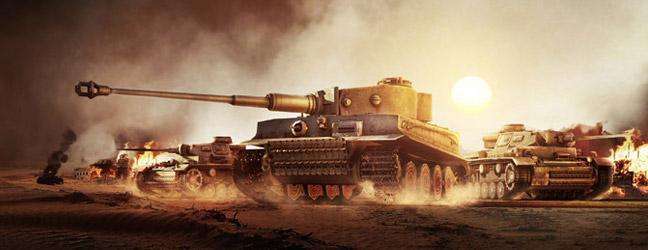T110's Zen-like Inner Core.
Дата: 19.11.2015 08:43:04
 Legiondude, on Nov 18 2015 - 18:40, said: Extra Credits is on a recent string of videos about RNG, today they
posted a new video about reciprocal randomness and several parts if
it struck notes I've heard over the years from people complaining
about WoT's RNG You guys agree or am I just cray
Legiondude, on Nov 18 2015 - 18:40, said: Extra Credits is on a recent string of videos about RNG, today they
posted a new video about reciprocal randomness and several parts if
it struck notes I've heard over the years from people complaining
about WoT's RNG You guys agree or am I just crayThe_Chieftain: I have three immediate issues with the comparison.
Firstly, they explain that a symptom of a bad card is one
which can result in the user being worse off for playing it
than if he didn't play it at all. I can't think of any case in WoT
where this is true. The worst that happens is that a shell fails to
penetrate, or an artillery round misses heinously, that sort of
thing. There is no negative repercussion short of a couple of
credits used for the round. And at that, you sometimes can't be
sure that even with a high roll a penetration could occur. What may
happen is that after your RNG event, the enemy will then try his
own RNG event to shoot you back, which can be mitgated by a number
of things depending on the situation. Which brings us to the next
point. They also explain that having an RNG which is
academically known to the players to be fair and balanced over a
number of incidences is a bit beside the point if that instance
happens only once per game. Yet how many shots are fired per game?
How many shots may a person be subjected to over a play
session? Thirdly, using the ogre example, they say
they like it because it forces the player to make a tactical
decision. Well, the player in WoT may have to make the same
decision. Does he fire at the big, slow, heavy target, which may,
but probably won't remove it from the fight? Or should he shoot the
lighter, weaker one, and definitely remove it? Or maybe engage that
fast one over there which is potentially the biggest threat of all,
but may not get a hit at all. The decision that the player makes
before he clicks the fire button may change the course of the game
even before the effect of RNG is calculated. But if he -knew- that
he would remove that heavy, or he would hit that fast one, etc,
removes some if the decision-making process from the user.
T110's Zen-like Inner Core.














